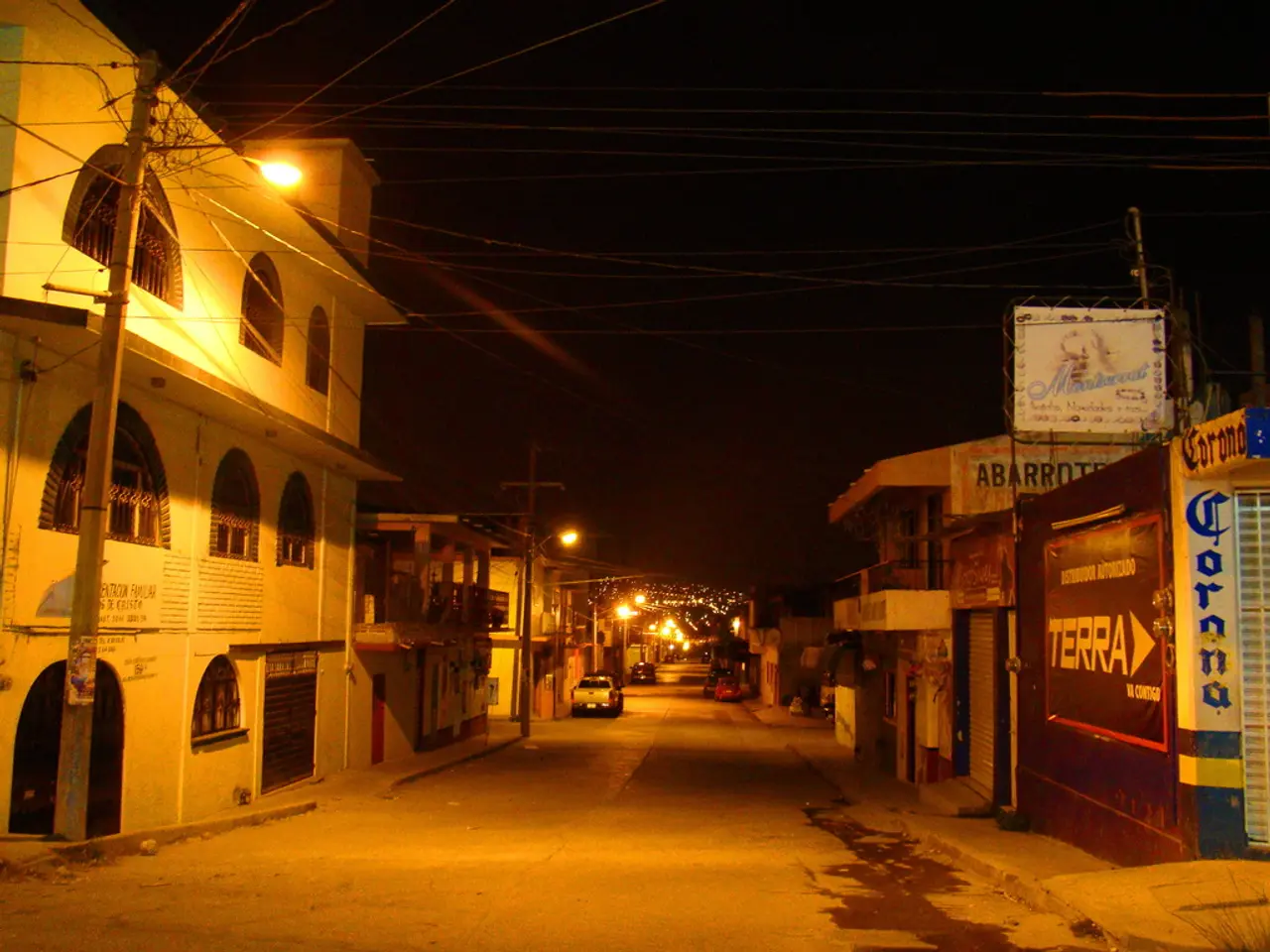Chile's Ambitious Strategy for Boosting Infrastructure Development Prioritizes Mining Industry to Spur Investments
The Chilean government has announced a Master Plan for Public Electric Vehicle (EV) Charging Infrastructure in the Northern Macrozone, aiming to address the geographic and technical challenges of the region. Currently, there are only 40 public chargers in the Northern Macrozone, most of which are located in densely populated urban areas.
To meet the needs of electric vehicles in circulation by 2035, at least 49 additional charging points will need to be installed. Diland Castro, leader of the Charging Infrastructure division at the Sustainable Mobility Centre (CMS), emphasizes the importance of local company support in achieving this goal.
The project aims to identify funding sources from local actors and companies operating in the country. Large local industries, such as mining, play a crucial role in financing the infrastructure. Mining companies can provide resources and facilitate access to infrastructure in key areas of the country.
The mining industry in northern Chile, a significant economic engine, is a strategic ally in the implementation of the public EV charging infrastructure. The collaboration aims to expand the capacity of electrical networks and ensure efficient and quick installation of chargers.
Public-private collaboration is essential for the success of the project. Private investments are key to the success of the project, according to Javier Contador, Plan Coordinator. The plan aims to attract private investment, with an estimated investment of 7 billion Chilean pesos over the next 10 years for the installation of at least 49 charging points.
In addition, the mining industry is not the only sector contributing to the project. A Spanish CPO is expanding its charging network in France with 2,500 points, aiming to accelerate its presence in the country. Flexecharge will expand to new European countries in 2025 and 2026, partnering with major CPOs. Munich Airport has opened one of Germany's largest public charging parks, with over 1,140 charging points, demonstrating the growing importance of EV charging infrastructure globally.
The Ministry of Energy is focused on generating the necessary charging infrastructure to support the momentum of electromobility. The Ministry of Energy and the Ministry of Public Works will address the challenge of connection to the electrical grid as part of the plan.
To aid decision-making in the automotive sector, the Mobility Portal Data, a new market intelligence platform, offers reliable data and key reports. The platform aims to support smart decision-making in the development and deployment of EV charging infrastructure.
The project also expects to have at least one charger every 100 kilometres along intercity routes, ensuring that EV users have access to charging facilities as they travel. The expansion of the charging network is expected to attract more electric vehicles to the region, contributing to a more sustainable transportation system in the Northern Macrozone of Chile.








